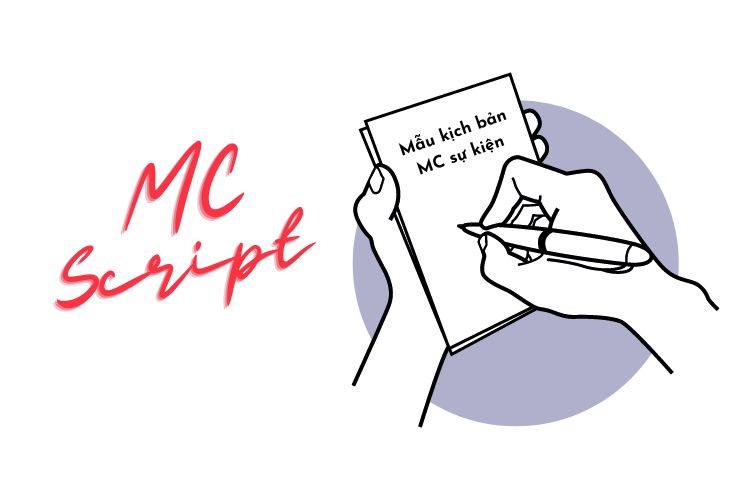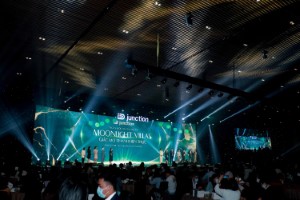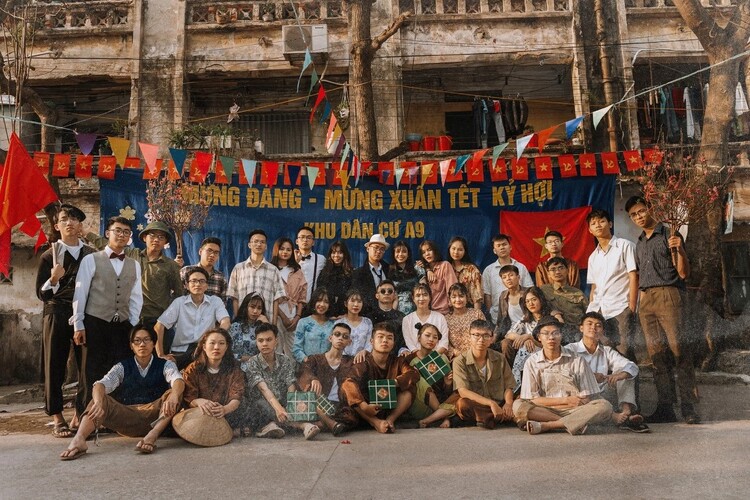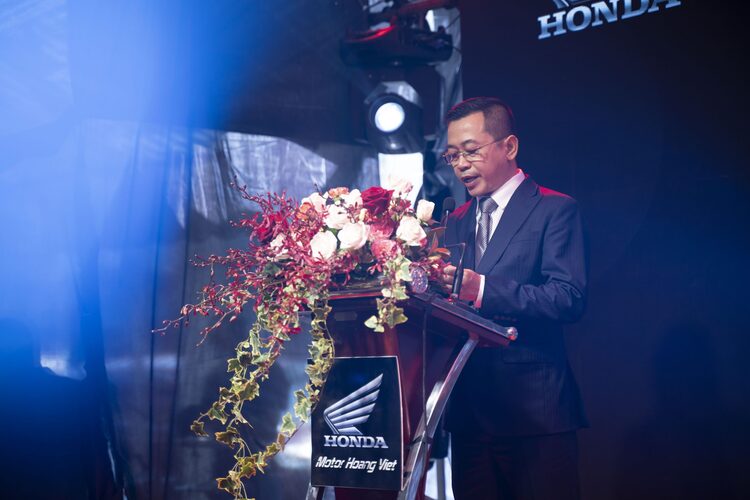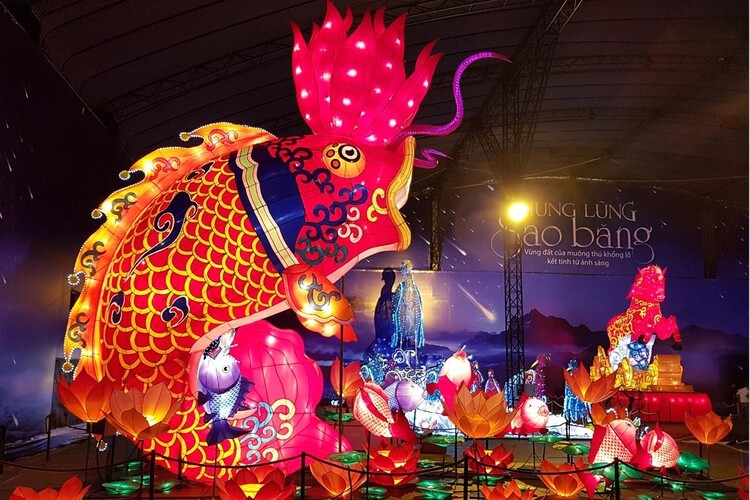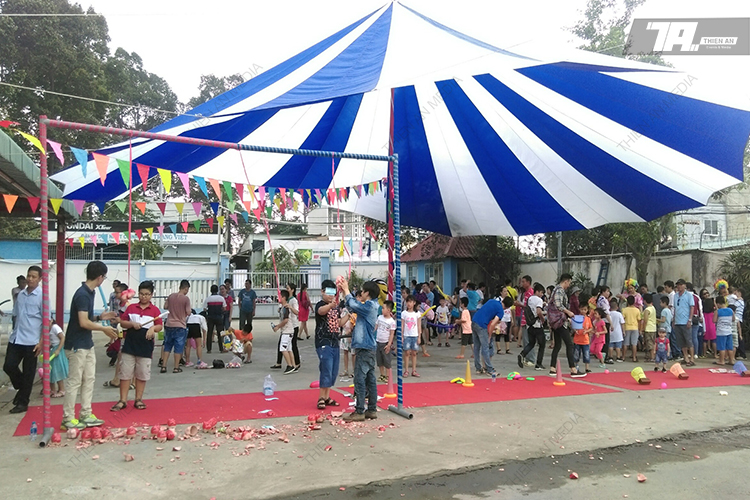What Is An Event Organization? The A To Z Event Organization Process
Overview of event organization
Concept of an event

What is an event?
An event is an activity organized within a specific time and location, to attract a large number of interested people to participate. Events can be related to various fields, from significant activities widely covered by the media, such as the SEA Games, the Da Nang International Fireworks Festival, Miss Universe, Hue Festival, to personal and family events like weddings and birthdays. They can also include business and marketing activities of companies, such as exhibitions, inaugurations, company anniversary celebrations, conferences, seminars, etc.
Example: The Vietnam International Travel Mart (VITM) is an important event in the tourism industry. The fair gathers travel agencies, tour operators, hotels, etc., to introduce and promote domestic and international tourist destinations.
What is event organization?
Event organization is a process of planning, preparing, and executing a specific activity with a specific purpose, aiming to create a memorable experience for the public or target customers. This process includes selecting venues, designing programs, managing budgets, and other related tasks. Event organizers require management, creativity, and attention to detail to ensure that every aspect of the event runs smoothly and successfully.
Types of events nowadays
Product Launch Event: The launch ceremony of the Toyo Tires Open Country A/T 3 tire brand by YHI Vietnam distributor at New World Saigon Hotel.
Press Release: The press conference for the film "Mrs. Ba Nu" by Tran Thanh attracted a large audience and media attention.
Event Marketing: An advertising campaign or media event to promote and market a product or service.
Corporate Events: Company anniversary celebrations, shareholder meetings, internal conferences, store opening ceremonies, etc.
Event Show: Vietnam Fashion Week, Vinfast auto exhibition, or a water puppetry art performance.
Business Events: Business conferences, economic forums, business-to-business trade meetings.
Shopper Event: Organizing promotional programs, and product displays at stores to attract customers.
Fundraising Events: Charity fundraising events to support organizations and humanitarian activities.
Trade Fairs: Exhibitions of goods and services from businesses in a specific industry.
Exhibitions: Art exhibitions, technology exhibitions, and product exhibitions.
Conventions: International scientific conferences, and industry-specific conventions such as medical, engineering, and marketing.
Conferences: Leadership skill workshops, educational conferences, and information technology conferences.
Festive Events: Coachella music festival, Mid-Autumn Festival, fireworks festival.
Social and Cultural Events: Weddings, birthdays, cultural exhibitions.
Sporting Events: Soccer tournaments, car races, golf tournaments, and major sporting events like the Olympic Games, World Cup.
Meetings: Company meetings, management board meetings, and workgroup meetings.
Seminars: In-depth seminars on work skills, personal development, leadership.
Concerts/Live Performances: Dreamy Cities music event, Spring Concert performance.
Roles and objectives of event organization
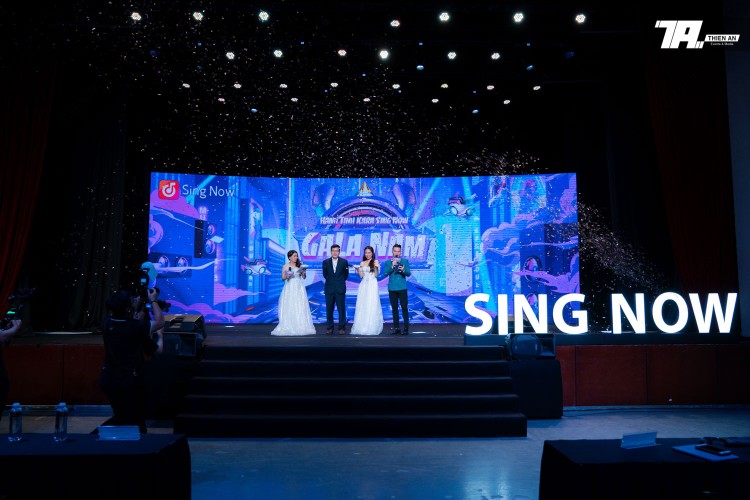
Roles and objectives of event organization
Roles of event organization
- Event organizations play a crucial role in building and strengthening the image of a brand/company or business. Through events, customers and partners can meet, chat, and share information, thereby creating new collaborative relationships and expanding business networks.
- Event organizations create memorable experiences and impressions of the business/product/brand for customers.
- Events serve as platforms not only to introduce new products/services but also to create spaces for transactions, sales promotion, and building business relationships.
- A successful event brings effective media impact. Conversely, if an event fails, it can diminish the brand value in the market.
Objectives of event organization
- Enhance the media effect to create a special mark in the minds of target customers.
- Change the initial perception of the public, customers, and media about the brand/product of a company, business, or organization.
- Introduce new products or services, attract customer interest, and generate curiosity about the product.
- Advertise products and support sales to increase revenue and introduce distribution channel policies.
- Create a communication and meeting environment between the business and customers, build long-term relationships, and enhance interaction.
- Share information, and convey knowledge, and skills to customers or the community.
Overview of the event organization process
Step 1: Receive the client's request
The event consultant receives the event organization request from the client. The information includes the event's purpose, date and time, budget, specific requirements, and other preferences.
Step 2: Detailed planning
Based on the gathered information, the event team generates ideas and proposes suitable options and solutions for the most successful event within an optimal budget. They develop a detailed event script, including activities, programs, and timelines. Additionally, the team provides a comprehensive quotation for the event organization services to give the client an overview of the expected costs.
Step 3: Venue survey and implementation
The consultant surveys the event venue to ensure its suitability and compliance with the client's requirements. Simultaneously, negotiations and finalizations regarding the quotation and contract are made to prepare for the event's execution.
Step 4: Preparation of key event elements

Inviting celebrities to attend the event
Checklist of necessary elements:
Personnel: Bands, dance groups, singers, MCs (Masters of Ceremony), Key Opinion Leaders (KOLs), Promotion Girls (PGs), Promotion Boys (PBs), Lion Dance Team.
Equipment: Including sound system, lighting, dual-sided projection screen, and LED screens.
Event materials: Stage design, standees, posters, backdrops.
Media coverage: Social media platforms, live streaming, flyers.
Event photography and videography services.
Step 5: Event execution
Before the event takes place, the event staff sets up the stage, sound and lighting systems, and the banquet. They also conduct rehearsals for selected elements to ensure smooth operations during the event.
Step 6: Evaluation and reporting
After the event concludes, an evaluation and report on the event's activities are conducted. This is also the opportunity for the client to provide feedback and assess the quality of the event organization services provided.
Professional event organization agency
Thien An Media - event agency
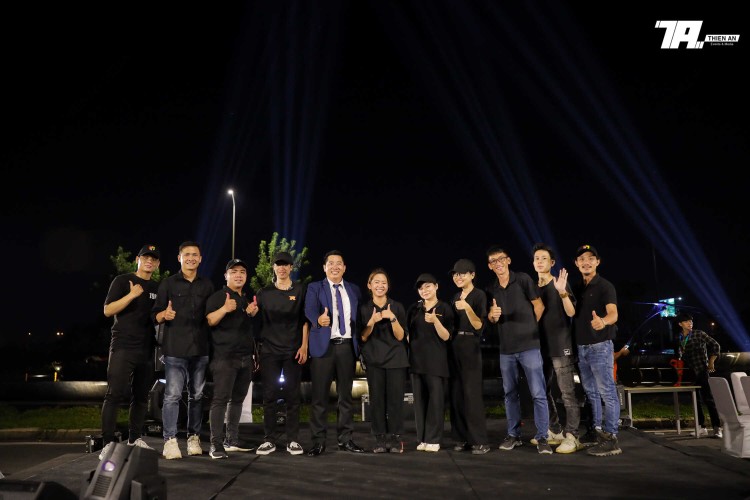
Event team - Thien An Media
Thien An Media is one of the leading professional event organization companies in the current market, trusted by numerous clients. We have years of experience in successfully organizing a wide range of projects of varying scales. We continuously strive to exceed client expectations and deliver memorable event experiences. With our experience, professionalism, and creativity, we aim to be a reliable partner for all clients.
Criteria for selecting a professional event organization company
When choosing a professional event organization company, there are several important criteria to consider:
Experience and reputation: Evaluate the company's past projects, consider feedback from previous clients, and assess the company's market influence and reputation.
Competent team members: Assess the expertise, experience, and creative thinking abilities of the event organization team.
Range of services: Determine the company's capabilities in organizing different types of events, such as conferences, exhibitions, roadshows, gala dinners, etc. Ensure the company can meet all your requirements and objectives.
Event script: Ensure that the company can create a creative and unique event script, avoiding repetitive approaches from past events.
Equipment and technology: Check if the company has modern equipment and technology to create a professional and impressive event space.
Consultation and adaptability: Evaluate the company's ability to provide advice and offer suitable solutions for your specific requirements.
Event planning and checklist: Assess the company's event organization plan and examine the steps and elements to be implemented. Check if the company utilizes a detailed checklist to ensure no tasks are overlooked.
Event organization is a growing and dynamic industry with great potential. With increasing client demands for various events such as conferences, exhibitions, product launches, and anniversary celebrations, professional event organizations will continue to play a crucial role in creating unique experiences and connecting customers with businesses.



